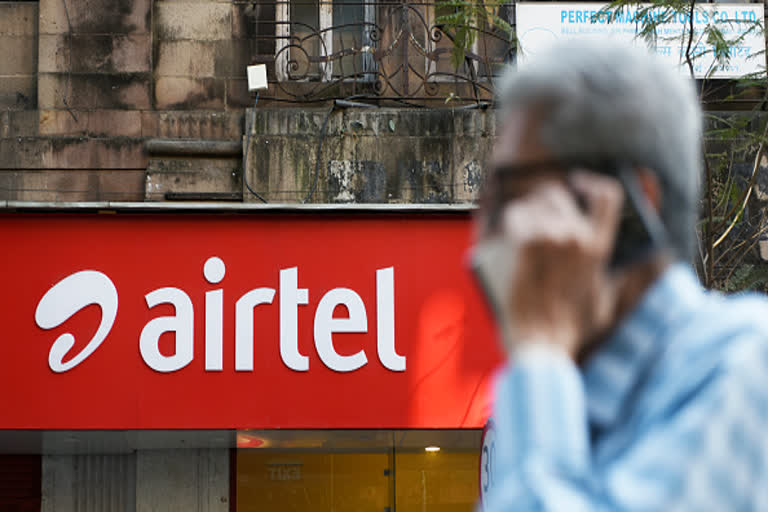New Delhi:Airtel and Vodafone Idea are discussing with their legal teams on filing petitions for reviewing the Supreme Court's recent order on adjusted gross revenue (AGR) after the Department of Telecom (DOT) told them to approach the court in this regard.
Any review petition is required to be filed by November 24 as there is a time limit of a month to file for reviewing a court order.
A binding decision of the Supreme Court or High Court can be reviewed through a review petition on the ground of apparent error. Under the Supreme Court Rules, 1966, such a petition needs to be filed within 30 days from the date of judgement or order.
Both the telecom companies in question did not respond to queries on the issue sent by IANS.
According to informed sources, however, both companies are discussing with their legal teams on the grounds for reviewing the court order.
The deadline for paying the AGR amount is Rs 83,000 crore is January 24, including Rs 43,000 crore for Airtel and Rs 40,000 crore for Vodafone Idea.
A government Secretaries' panel is looking at providing relief to telcos through levy reductions in licence fee and the USO Fund.
Vodafone Idea had earlier said that it would go for a review petition, noting that it will study the ruling along with legal advisers to determine next steps, including "a review application if there are technical or procedural grounds for doing so".
According to Telecom Ministry officials, other companies and licensees like PGCIL, RailTel, Internet Service Providers, Prasar Bharti, satellite communications providers and cable operators will all come under the AGR definition backed by the Supreme Court and, as such, their dues too need to be calculated. But the details are being studied for such companies who are not telecom service providers.
This proposed decision of the telcos to approach the apex court again may have come after the DoT and the Secretaries panel are learnt to have conveyed to the companies that the court order is best reviewed by a review petition and the government is unlikely to intervene on behalf of the private sector.
DoT is also mindful of the 2012 apex court verdict on the spectrum allocation procedure on the first-come-first-served basis which was nullified by the Supreme Court which cancelled 122 2G licenses awarded by the previous UPA government.
Declaring the allocation of 2G spectrum by the Congress-led United Progressive Alliance (UPA) government "illegal" and an example of the arbitrary exercise of power, the Supreme Court had cancelled all 122 telecom licenses.
Read more:SC strikes down tribunal rules, refers 'money bill' matter to larger bench
